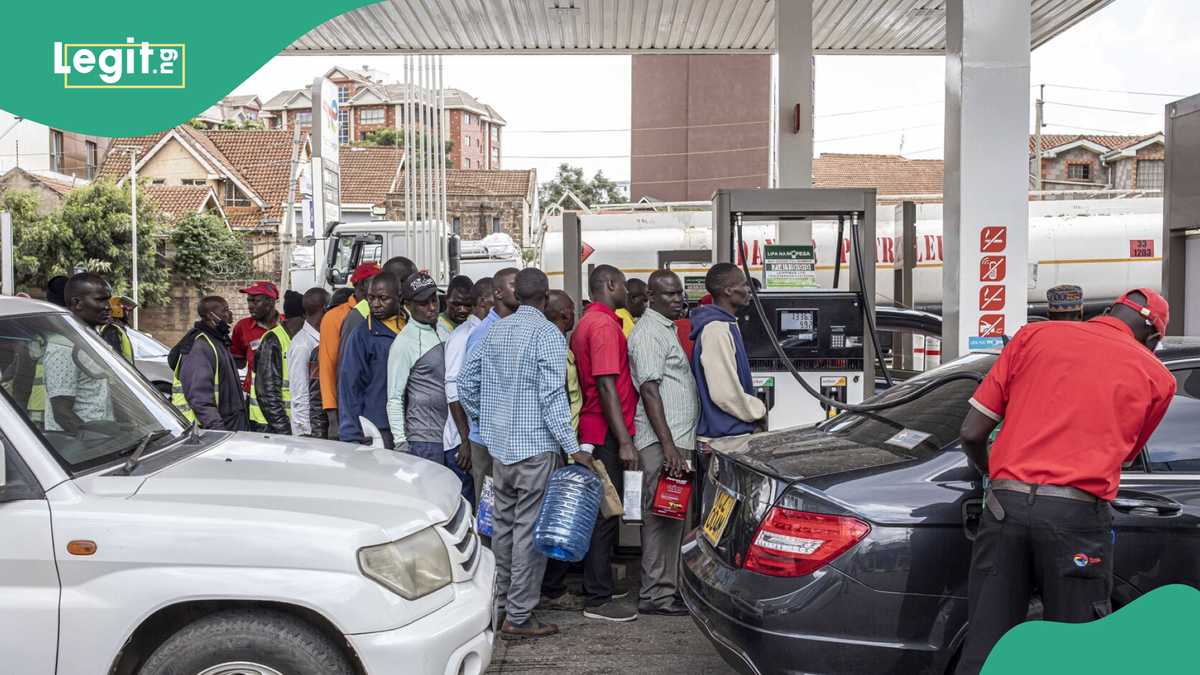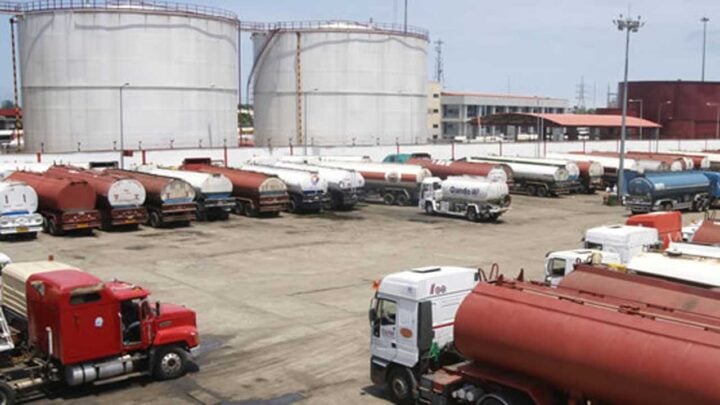Chairman, Board of Trustees, Crude Oil Refinery Owners Association of Nigeria (CORAN), Capt Emmanuel Iheanacho (rtd), and Chief Executive Officer, Major Energies Marketing Association of Nigeria (MEMAN), Mr. Clement Isong, have noted the impact of naira-for-crude policy of the Federal Government on the petroleum sector and the economy.
They spoke in different interviews with New Telegraph over the weekend. The naira-for-crude policy, initiated by the Federal Government in October 2024, was designed to allow domestic refineries purchase crude oil in local currency, naira, rather than in US dollars.
This initiative aims to bolster local refining capacities and reduce Nigeria’s dependence on imported petroleum products.
Under this six-month agreement, the Nigerian National Petroleum Company Limited (NNPC) supplied crude oil to local refineries, including Dangote Refinery, facilitating transactions in naira.
The initial contract was set to expire at the end of March 2025, with discussions underway for its renewal. However, the policy has faced criticism from various stakeholders.
The Depot and Petroleum Products Marketers Association of Nigeria (DAPPMAN) expressed concerns that the naira-forcrude framework could destabilise the country’s foreign exchange market and deter foreign investment in the oil sector.
Reports are that complications have also arisen in the implementation of the policy. For instance, Dangote Refinery announced a temporary suspension of fuel sales in naira, citing discrepancies between its naira-denominated sales and dollar-based crude purchase obligations.
This move has raised concerns about potential increases in petrol prices and further depreciation of the naira. As of March 2025, negotiations between the Nigerian National Petroleum Company Limited (NNPC Ltd) and local refineries are ongoing to determine the future of the naira-for-crude policy and address the challenges encountered during its initial phase.
But Iheanacho said the policy was definitely advantageous to the economy because in the final analysis, the cost of buying the products that the refiner produces is related to the cost of buying the operating inputs including crude. He called for the continuation of the policy.
He said: “So, if we are an oil-producing nation, it makes sense that charity begins at home and we actually refine crude so that we are able to sell to our people.
And if we have circulated local demand, then of course, we then look at the possibility that we could start exporting the surplus. But it would be very strange if we concede the policy which gives a priority to producing crude.
“When we haven’t had the opportunity of using the products of that refining process, we now export it. So, it should be the other way around. The Naira-for-Crude project is a very good one and it’s very simply intuitive.
It’s very easy to understand the logic behind it. “On the position that it is making the federal government and the NNPC Ltd to lose foreign exchange which they need, when you say you lose foreign exchange, what do you do with the foreign exchange that you can buy the way?
Is it not to be able to buy inputs so that you can improve the lives of the people? Exactly. So, when you say you are losing foreign exchange, if you are a master of the foreign exchange in the world and you couldn’t spend it on your people, does that make sense? It doesn’t.
“In the final analysis, the foreign exchange that you earn, it is earned so that you can spend it on the welfare of the people.” He added: “It has to be continued, especially for new entrants.
Nigeria really should have been investing in refining for a very long time. It’s taking us this time to realise the importance of establishing refining plants and producing something that we have in the system, we have a crude and we then convert it into something that we can sell.
So, it should be continued. “If there are any caveats that would be introduced, it would have to do with the cost competitiveness of our products. Once we have saturated local demand, how much we sell the balance, that will be determined in part by what’s obtained in the market elsewhere.”
But Isong said there was need for Nigeria to increase its oil production so as to earn more foreign exchange to be able to sustain the naira-for-crude transaction policy.
He said that selling crude in the dollars would provide more foreign exchange to the government and the Nigerian National Petroleum Company Limited, for their transactions and obligations.
He added that exporting refined petroleum products would also make more dollars to be available to the seller, adding that the country needs more foreign exchange. He said government may not sustain the naira-for-crude policy for long.
Isong said: “I think that I am not so sure that for pragmatic reasons, how long government can maintain it. Because in a world in which government was selling its crude oil, it’s quite simple. You sell the crude, you collect the cash. You can see your cash in dollars.
And you can use it for whatever uses you want. Now you sell that crude in naira, you get naira. “You have probably naira before. No? So it doesn’t help you having Naira.
So unless the government can ramp up its crude oil production significantly, it will always struggle with giving up its oil exchange earnings. Because it has other parts of the economy that have the need for dollars. And it will always struggle.
“Any government who wants to have the flexibility to decide where to apply the dollars in its pocket, that will achieve the best results for the economy. We have the hands tied and have to deliver it to only one source. It will struggle.
“And NNPC, I also believe, will have need for its dollars. But with the policy, you have to take away those dollars from it. It needs those dollars to pay its debts. Remember that the payment of NNPC Ltd’s obligations are in dollars too.
So it has a need for dollars and you are taking away that capacity from them. The government doesn’t get the dollars; NNPC Ltd doesn’t get the dollars. If I were in their shoes, I would be struggling.
They have dollar obligations. Government has dollar obligations. It was always going to be difficult. “What we need is for productivity to go up significantly. That is why it is also useful to allow Dangote to export petroleum products. Yes! They are finished product.
“ The MEMAN boss stated that though some people may argue that a certain percentage of crude should be for domestic refining and so should be sold in the naira, the reality is that the crude is not available as the country has mortgage its crude for some facilities.
He said: “Do you have it (crude)? You don’t have it because you have already done forward sales. You’re already committed. That crude oil is not there.
It’s not there? No. You can’t say I set aside. Set aside from who? From your own or from the international oil companies ( IOC’s) own? From whose own? You don’t have. ”I believe that the solution is to increase your production.
I believe that the first solution is to increase your production of crude but increase your productivity as a country. I think it’s extremely importantly. You saw the difference between if you sell crude or if you sell refined product.
You make more money if you sell refined product.” He said the market forces should be allowed to play in a deregulated and liberalised market economy. “In fact, that’s why I said there are some things for the market to sort out. Don’t intervene administratively. Allow the markets.”
Please follow and like us:











